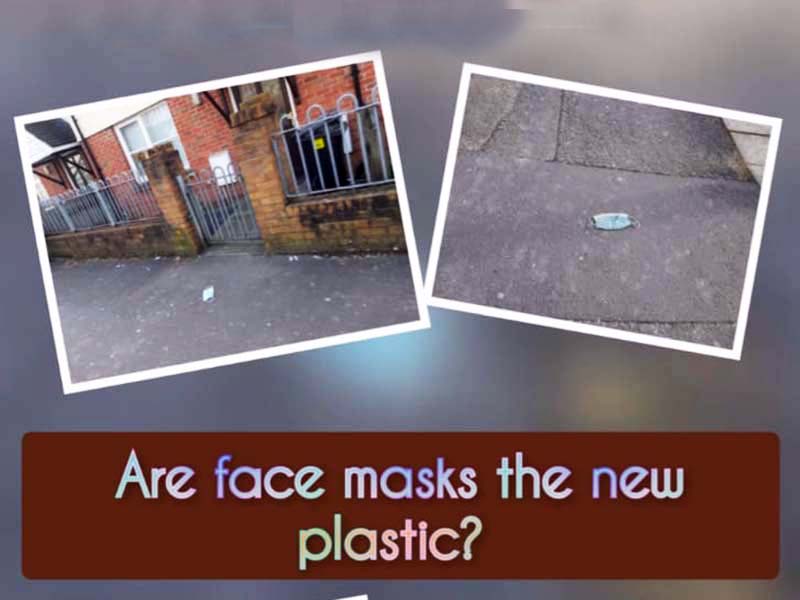Every time you step out of the house to go about our daily tasks or just go for a walk now, one thing you will most likely see is the amount of litter.
Cycling or walking through Bute park, in Cardiff, you will feel a type of outrage. The amount of litter dropped on the floor especially where there are bins closeby is alarming. The fact is that many of us are so lazy to do the right thing. Sometimes there are bins so close that only a few steps needs to be taken to place the litter in them or just a really good stretch would do.
But what is more alarming is the amount of face masks just left strewn on the floor. It's a fact that face masks prevent the person wearing it from not only transmitting the virus but also gives some protection from catching it.
Also, many who have the virus are asymptomatic. So you don't even know you are carrying it. Some of us even break isolation rules even when they know they are carrying the virus. Look at the case of SNP MP, Margaret Ferrier who took the train from Westminster to her constituency despite knowing she had the virus or the Dominic Cummings issue.
When these face masks are not disposed of properly, it is then not just about littering being an eyesore but the obvious fact that any contaminated face mask could be an area for the possibile spread.
A BBC News report recently states researchers have warned that disposable face masks could be releasing chemical pollutants and nano-plastics into the environment and that there needs to be better regulation on the use and disposal of face masks but the scientists conceded also that more research must be carried out.
The Swansea University team found heavy metals and plastic fibres were released when throw-away masks were submerged in water.
The researchers said the public health impact needed more investigation.
"Before the pandemic, we were looking at reducing the use of plastic straws, reducing packaging, but now we are looking at hundreds and thousands of these masks being disposed," said the project leader, Dr Sarper Sarp, of the university's College of Engineering.
"We need to sort our priorities - first of all we need to get over the pandemic and protect each other and the public health. Then, in the meantime, we need to take steps to protect the environment."
Back in November last year, the researchers were only originally interested in the plastic waste impact on our environment.
But as they tested more and more masks, they uncovered more chemicals.
It's estimated that 194 billion disposable face masks and gloves are being used every month worldwide, according to a report in the Environmental Science and Technology journal..
And divers and observers are spotting more of this discarded waste floating underwater, causing problems for wildlife and washing up on shorelines all over the world.





